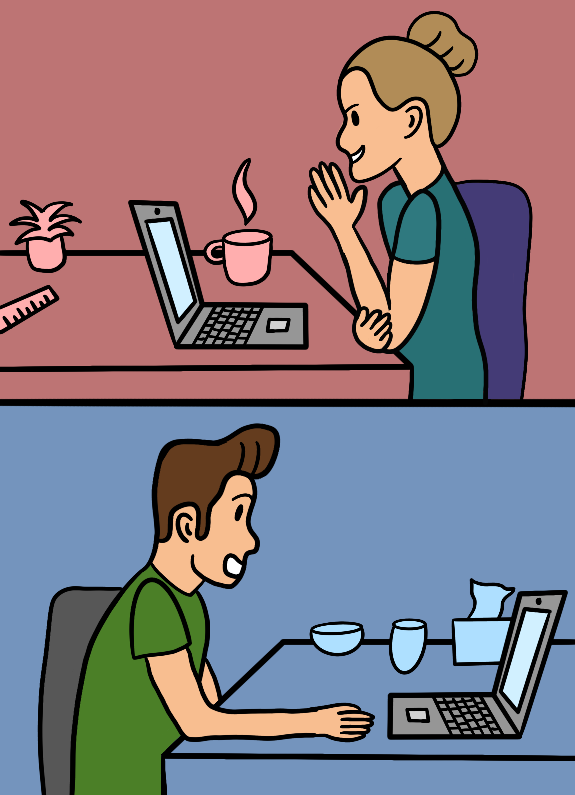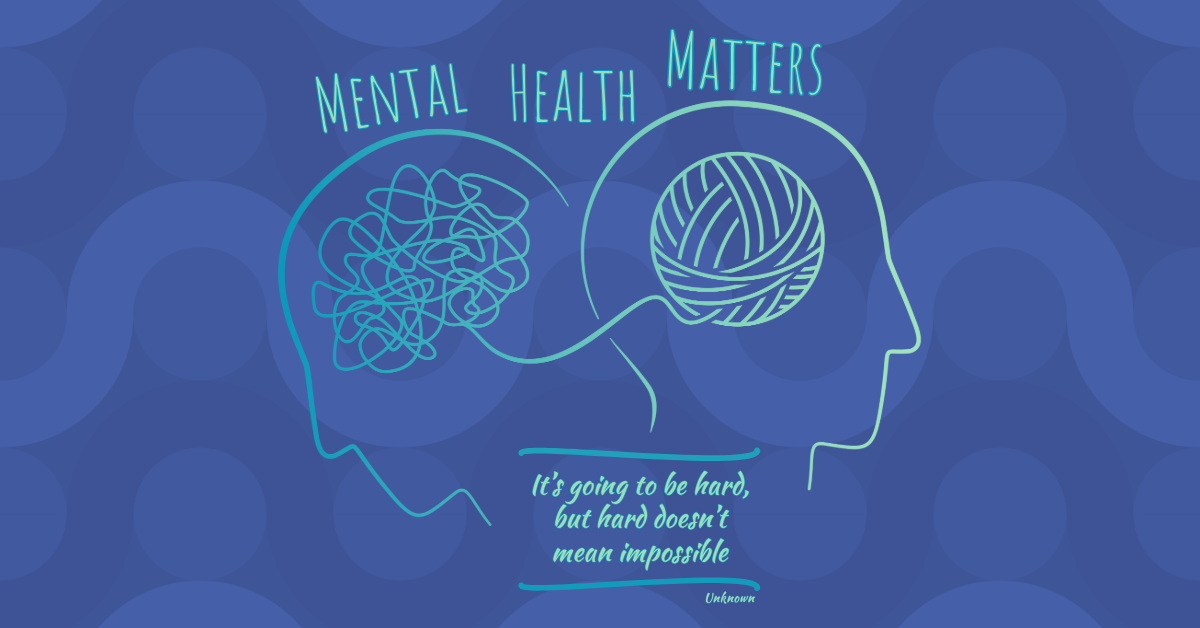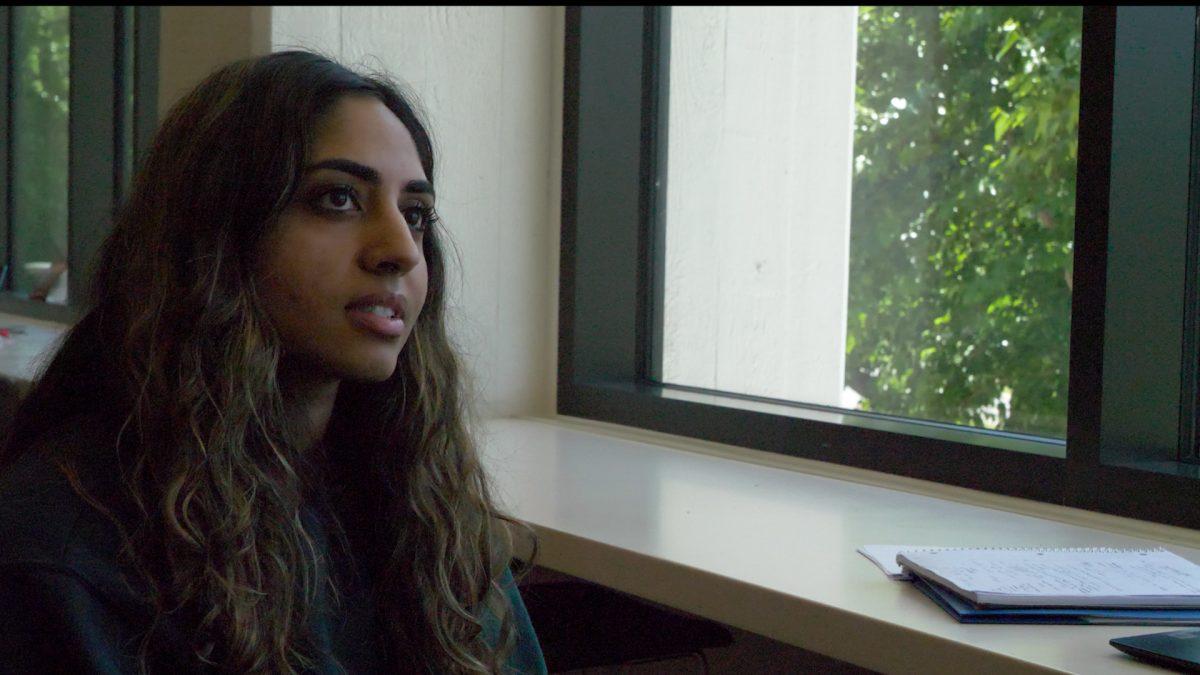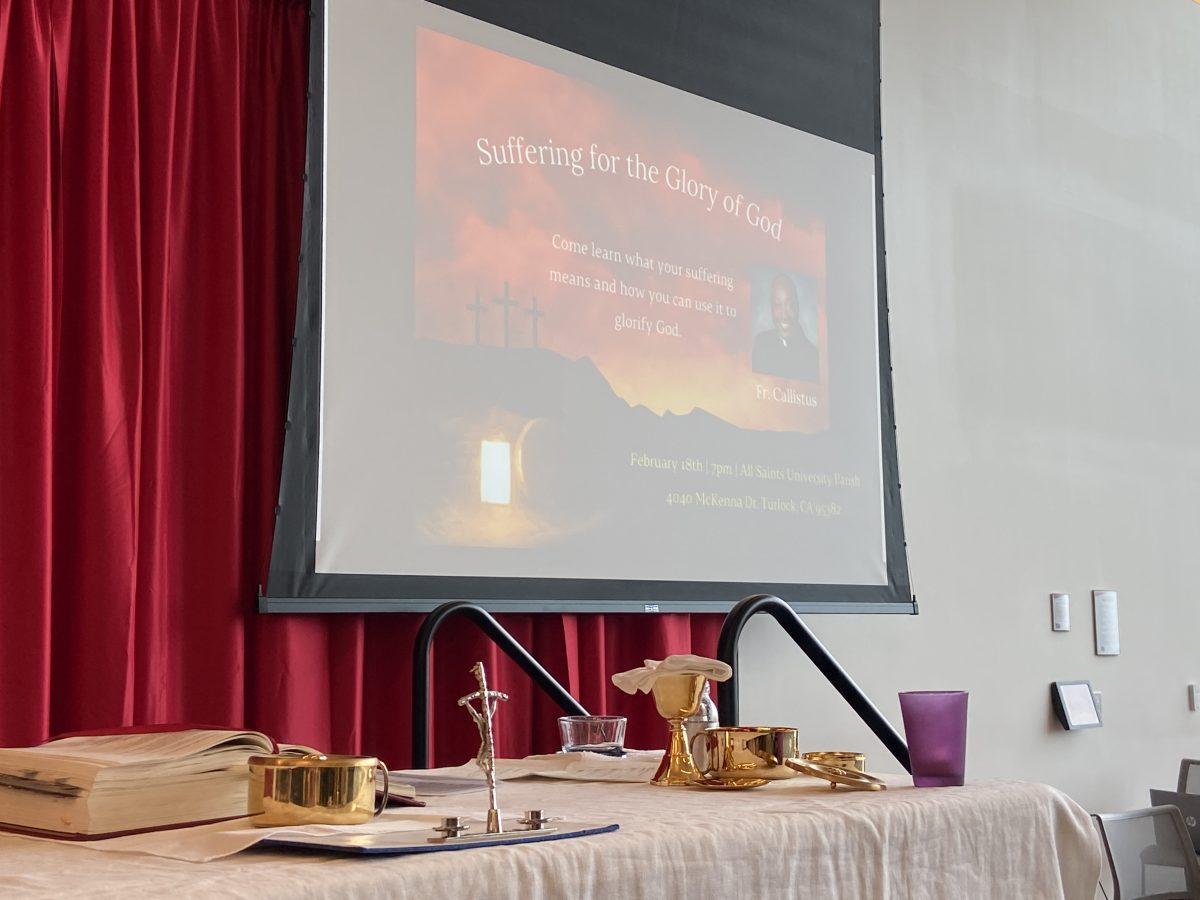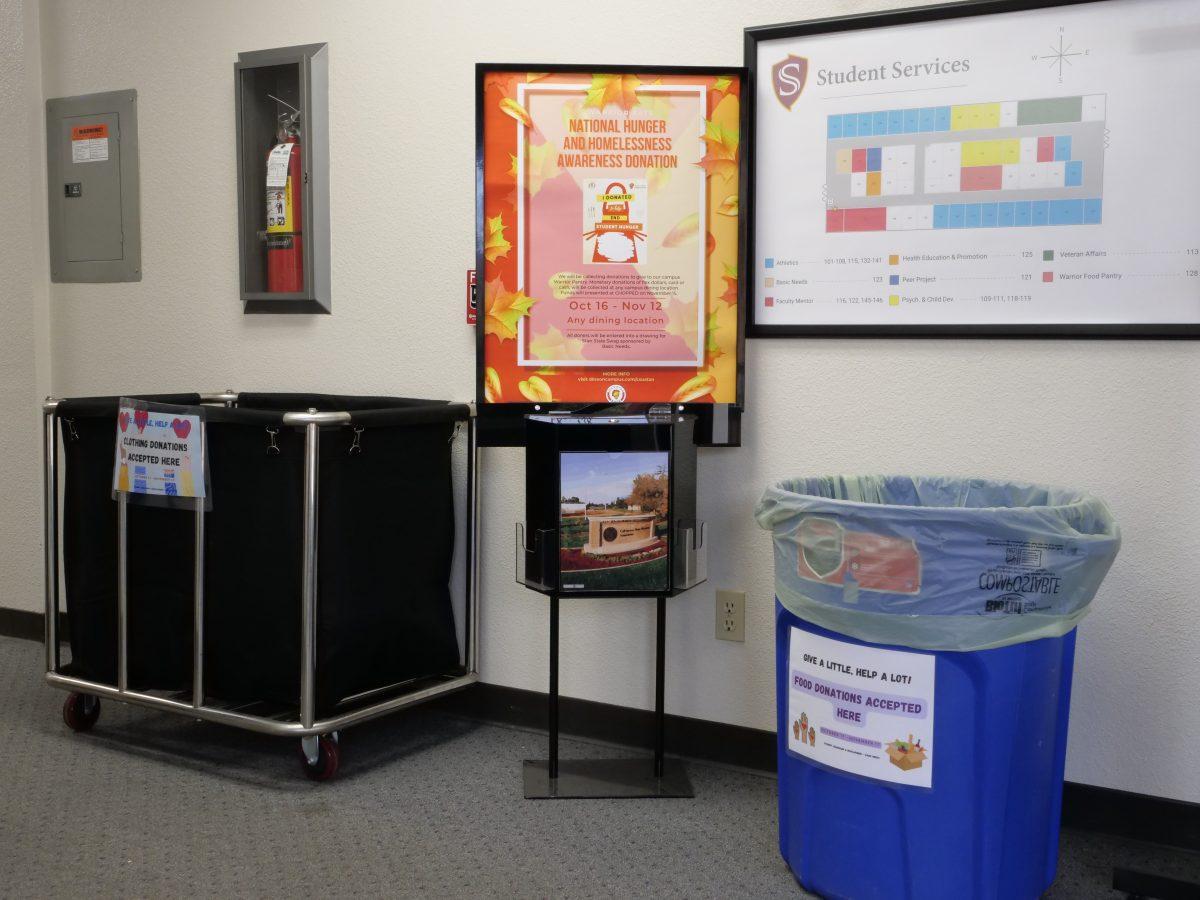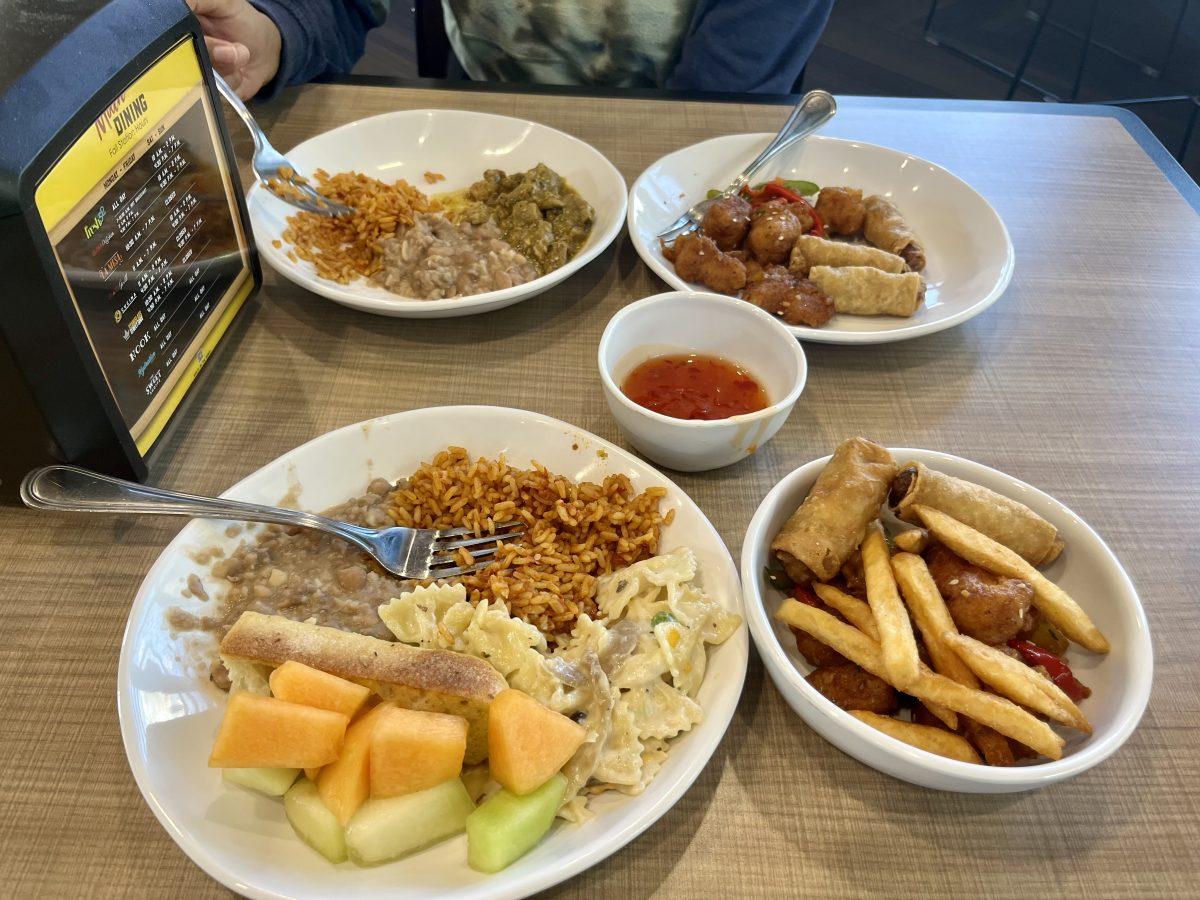Maintaining intimacy from at least six feet apart may seem like an impossible task. Whatever your relationship status is, you may have many questions regarding self-isolation and how it’s affecting your connection with others.
Questions like, “How am I supposed to meet the love of my life when I can’t leave my house?” or “How can I spend the rest of my life with my partner if I can’t spend one month in the same house without going crazy?” might be rushing through your mind.
To answer your questions, let us turn to Intimate Relationships professor, Dr. Annie Guichard.
Featured in our February print edition, Dr. Guichard has already provided us with some valuable relationship advice. However, the world of dating and relationships has drastically changed since February, and it may be time for some more answers.
As a researcher, Dr. Guichard is very interested in the kinds of information that self-isolation will contribute to the field of relationship psychology. However, she points out that, currently, everything we know is anecdotal.
“As is so often the case, real world events are the catalyst for new avenues of research. In this case, how does social distancing and isolation impact dating and relationship maintenance? There may be many interesting interpersonal consequences of COVID-19 that we won’t even be aware of for a year or two after it resolves.”
Years from now, our curious psychologists will likely be researching the time of COVID-19 and how it affected our relationships, but for now, we have to rely on our existing knowledge of relationships and our own personal experiences.
Having spent years teaching Stan State students about intimate relationships and the scientific research behind them, Dr. Guichard is uniquely qualified to give us some answers.
Whether you are single and looking to mingle or are in a committed relationship, technology has become your best friend. One silver lining in this dark time is that we are living in a time where self-isolation doesn’t necessarily mean social-isolation.
Through the use of our phones, computers and tablets, we are still able to connect with others while staying safe at home.
Communication continues to be the most important skill in any relationship. This is one fact of life that has not changed due to a pandemic.
Dr. Guichard explains that, thanks to online communication, all hope should not be lost for those who are looking to date during the time of COVID-19.
“The ways in which people meet and communicate online are still largely intact, but people may find that the online ‘courtship’ lasts longer than it would have otherwise. People are also getting creative and having virtual dates (eating dinner or watching a movie together).”
With Netflix Party and TwoSeven, a movie and dinner are still viable options for a social-distancing date.
Having an extended online “courtship” period isn’t necessarily a bad thing. It means that people might be getting to know their date on a more personal level. Without the option of physical intimacy, first dates may consist entirely of talking and getting to know one another.
While having a deep and meaningful conversation is extremely fulfilling in its own way, people are likely feeling unsatisfied in other areas. For those who are feeling sexually frustrated due to social-isolation, Dr. Guichard has some news.
“Pornhub has made their premium subscription free in every country in the world. Maybe it’s not surprising, but usage of the site has increased significantly since the lockdowns were initiated, which indicates that people’s sex drives didn’t get the notice about the pandemic!,” Dr. Guichard joked.
People who are in a relationship but not living together are also turning to technology for their communication.
“Using text messaging and/or FaceTime/Skype/Zoom are efficient and low cost methods of maintaining intimacy. Some couples may even have interests or hobbies that they participate in online, such as Animal Crossing,” Dr. Guichard explained, adding that one creative way to communicate with our partners is to send a love letter in the mail.
Many students agree that, in their experience, virtual communication has been the most important tool in maintaining intimacy with their partners.
“We make sure to FaceTime, be silly, and check up on each other’s mental and emotional well being,” says Austin Morrise (credential program, English).
Stan State alumna Lia Madrigal agrees and listed several ways that she and her partner have been coping with the separation. “Lots of FaceTime, randomly dropping off food and gifts, and planning for when we reunite.”
While it may feel impossible to look on the bright side when you haven’t seen your partner in at least a month, Dr. Guichard suggests that this is a great opportunity for couples to work on their communication skills.
Openly communicating your needs and feelings to your partner is particularly important right now because it is especially difficult to guess what someone is thinking without being able to read their body language.
Expecting our partners to be mind readers is a mistake that most of us have made once or twice (or millions) of times. Unfortunately, our partners are not mind readers. For example, when our partners don’t do what we mentally willed them to do, we may feel let down and even behave passive aggressively. In the end, our partners are left bewildered while we are left disappointed.
If you feel as if you and your partner are on different pages, it doesn’t hurt to pick up the phone to explain how you feel to them. Conversely, be sure to actively listen when your partner is talking to you. Communication isn’t just about talking, listening is just as important.
Another variation on the COVID-19 relationship status is being in a “co-quarantined” relationship. Many couples have decided to take the leap of moving in together so that they wouldn’t have to deal with the distance.
“Moving in together right before a pandemic sounds like a pitch for a rom-com,” jokes Dr. Guichard, adding that “the novelty of the situation can make the first few weeks exciting and even romantic.”
While moving in together may feel exciting at first, Dr. Guichard warns that a lot of work goes into this next step.
While couples who were already prepared to take the next step of moving in together might experience romance and excitement, those who may have felt pressure to take this step before they were ready are likely to experience much more stress.
“Moving in together can be stressful, even under the best circumstances,” says Dr. Guichard.
This is another case where respect, active listening, and open communication can help.
“Remember to respect your partner! If they say they need time alone, give them that space and time, even if it just means they want to put on headphones and zone out on the couch-don’t interrupt them,” explains Dr. Guichard.
No matter how much we love someone, it’s likely that we will still need time apart. If you’re quarantined in the same house, it will also become extremely important to set clear boundaries.
Having a conversation about your boundaries before it becomes an issue may save you from future conflict. Instead of waiting until you feel smothered and cranky to tell your partner that you need more space, it might be beneficial to sit down ahead of time and talk about both of your needs.
Boundaries are crucial in a healthy relationship. Setting boundaries or saying “no” to your partner does not mean that you are undermining or threatening the relationship. Part of being in a healthy relationship is being able to trust your partner to hear your concerns and to respect them.
Dr. Guichard reminds us that “agreeing to live with someone does not mean that you give up bodily autonomy. In other words, you do not have to have any sexual or physical interactions that you aren’t comfortable with.”
As you adjust to living with your partner, you may be learning a lot about your relationship. Dr. Guichard comments that, while self-isolation hasn’t necessarily changed relationships, it’s likely to bring existing relationship issues or dynamics to light.
Couples who were living together long before the COVID-19 crisis may also be experiencing changes. Unfortunately, whether those changes are helping or hurting the relationship has a lot to do with things that are out of our control.
Dr. Guichard was pleasantly surprised to find that self-isolation has brought her family closer together.
“If you had asked me before this began how we, as a family, would deal with being cooped up together for an extended period of time, I might have expressed some concern that nerves would be frayed and tempers short.”
In reality, by eliminating the daily activities that usually add to her stress, Dr. Guichard found that she has more energy to spend quality time with her family.
However, she explains that these positive outcomes are possible because her family has been fortunate enough to not face a lot of stressors.
“The number of stressors a person or couple is facing, as studies have shown, can have a negative impact on communication, mental health, and even physical health,” explains Dr. Guichard.
According to Dr. Guichard, some of the many stressors that people may be facing currently are fears about the coronavirus, losing a loved one to the virus, having economic anxiety, housing insecurities, or being stuck in an abusive home environment.
This suggests that during quarantine, couples who have existing relationship problems or who are experiencing high levels of stress are more likely to suffer negative consequences than those who are in a happy and satisfying relationship.
We as humans are social creatures, and this extended period of isolation is likely to be very hard for a lot of people, so it’s important to maintain all of our relationships, even from a distance.
“Remember to reach out to others, not just for your well-being, but the well-being of your friends and loved ones. If you are experiencing depression or high levels of fear or stress, please remember to reach out. You’re not weak, you’re human,” says Dr. Guichard.
In addition to reaching out to friends and family, Dr. Guichard reminds us that there are several community and campus resources for those who are feeling hopeless or depressed.
All around the world, humans are experiencing isolation to a degree that they have likely never before faced. While we may be separated in distance, we have also become united in spirit. This shared experience has the potential to foster deeper and more meaningful relationships than ever before
Whether it be with your partner, your family, or with strangers on the internet, now is the time to practice patience, communication, and most importantly, kindness.

